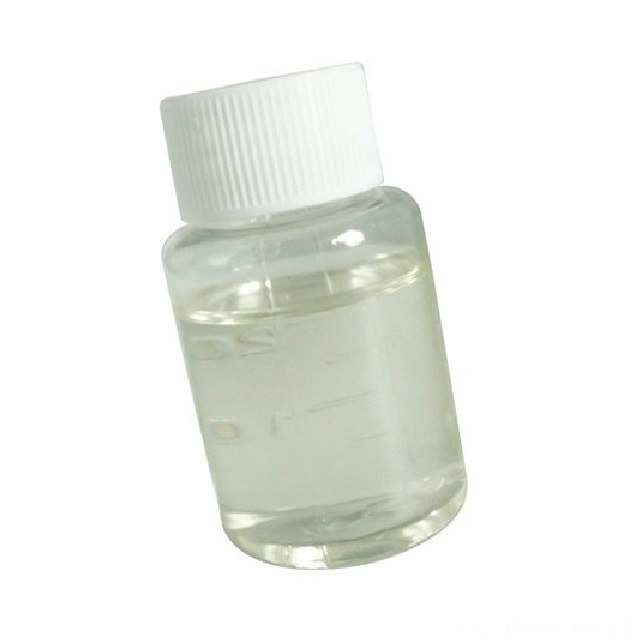Sales hotline
Sales hotline
Home >> Products >> Organic intermediate


Chinese name: Hexane (usually refers to n-hexane and isomer mixture)
English name: Hexanes / n-Hexane
CAS number: 73513-42-5
n-Hexane (n-Hexane): [110-54-3]
Mixed hexanes: a combination of multiple isomers (such as 2-methylpentane, 3-methylpentane, etc.)
Molecular formula: C₆H₁₄
Molecular weight: 86.18
Physical properties:
Appearance: colorless and transparent liquid with a slight smell of gasoline
Density: 0.659 g/cm³ (20℃)
Boiling point: n-hexane: 69℃; mixed hexane: 60-70℃
Flash point: -22℃ (highly flammable, UN 1208)
Solubility: miscible with alcohol and ether, insoluble in water
Oil extraction: Extraction of vegetable oils such as soybeans and peanuts to replace traditional light gasoline solvents.
Rubber and plastics: Used as mold release agents for rubber products and plastic surface cleaning.
Printing and coatings: Diluting inks and cleaning printing equipment.
Polymerization reaction: Used as a solvent for propylene polymerization to produce high-density polyethylene (HDPE).
Pharmaceutical intermediates: Solvents for the synthesis of cephalosporin antibiotics.
Chromatographic analysis: Used as a mobile phase component for high-performance liquid chromatography (HPLC).
Spectroscopically pure reagents: Used for sample preparation for UV-visible spectroscopy analysis.
Petroleum distillation: separation and purification from naphtha fraction (boiling range 60-70℃).
Isomerization reaction: adjust the branched structure through catalyst to produce different isomers.
Industrial grade: purity ≥95%, water ≤0.05% (used for solvents and cleaning agents).
Chromatographic grade: purity ≥99.9% (no impurity peaks detected by GC), in line with HPLC/GC standards.
Food grade: certified by FDA 21 CFR 172.884, residual solvents meet the limit requirements.
Health risks:
Neurotoxicity: Long-term exposure to n-hexane can cause peripheral neuropathy (work environment concentration needs to be monitored).
Flammable and explosive: Vapor forms an explosive mixture with air (explosion limit 1.2%-7.7%).
Protective measures:
Wear anti-static equipment, chemical protective gloves and full-face mask during operation;
Store in a cool and ventilated place, use explosion-proof electrical appliances.
Transportation requirements:
Hazardous chemical transportation category 3, UN 1208, packaging category II.
Environmental transformation: Promote low-toxic isomers (such as 2-methylpentane) to replace n-hexane to reduce occupational health risks.
Bio-based solvents: Develop bio-fermentation methods to produce hexane (using sugars as raw materials) to reduce carbon emissions.
Recycling technology: Distill and recover hexane from waste solvents for recycling.
Sales hotline:

 Scan and consult wechat customer service
Scan and consult wechat customer service